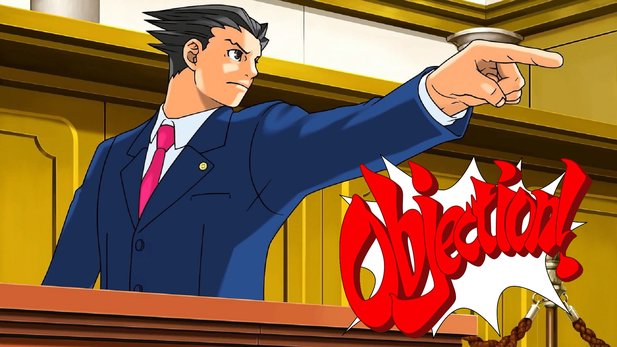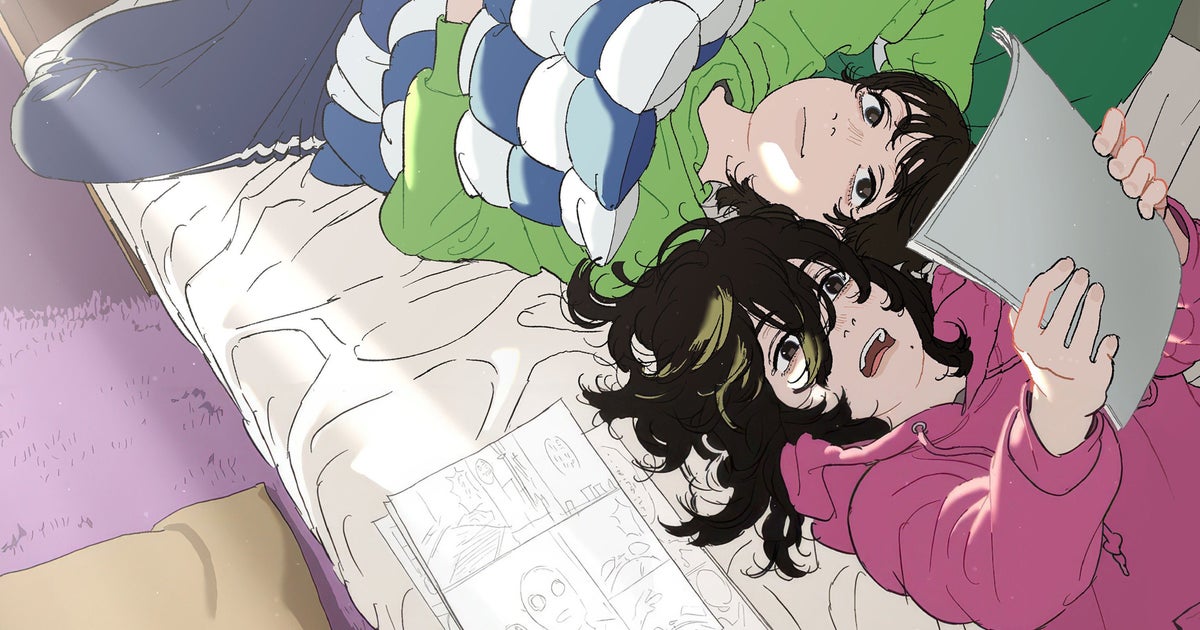
On April 1, Japan's Kanagawa Prefecture passed a new law to regulate the video game consumption of minors. A 17-year-old student named Wataru now wants to fight back with a lawyer and is planning to do so to start a crowdfunding campaignto fund his fight.
One hour of gaming a day
The law limits the amount of time that teenagers under the age of 18 play video games. They are allowed from Monday to Friday gamble for a maximum of one hour. Saturday and Sunday, however, are a maximum of 90 minutes.
In addition, the Limited time on smartphone will. Children under 15 are only allowed to use their cell phone until 9 p.m. If you are between 3 and 6 pm you have to put it aside from 10 p.m. at the latest.
Impact on life
The basis for the law is the statement that video games ensure that children distance themselves more and more socially. There are no penalties for violations or even government compliance control. Instead is the implementation Parents' duty.
Wataru itself has had negative experiences since the law was passed. Although he did not play excessive himself, he did because of the regulation kicked by online serverswhen he wanted to play after 10 p.m.
Since it is too other restrictions If, for example, there are ban on ball games in parks, he no longer knows how he and other children or teenagers can still have fun in their free time.
more on the subject
How video games trick your brain and what you can do about it
Reasoning against the law
That's why he wants to work with his mother and lawyer act against this regulation. The money is to be collected through a crowdfunding campaign. But it doesn't seem to have started yet.
He is not concerned with the regulation itself, but with the principle. However, his lawyer Tomoshi Sakka feels that this is Law violates the Japanese constitution
According to Wataru, the Establish appropriate rules for families themselves. He feels that government interference in private life is wrong. The regulation is also without any scientific basis.
Above all, he questions cause and effect: While the law sees video games as the cause of truancy and addiction, according to Wataru, the opposite is also possible. The pupils could skip because of school problems and see video games as their only balance to the stressful everyday life.
Resistance picks up speed
The law is in Japan itself highly controversial. Above all, critics feel that it completely ignores what an integral part things like smartphones are in today's life. In the meantime, more than 600 people have already signed a petition against the law.
There should also be fewer supporters than originally thought. A official Kanagawa Prefecture survey explained that 2,269 people support the project. However, there were later claims based on the IP addresses that about 1,700 of the entries were written by the same four people.
![Mathias Dietrich "data-sizes =" auto "data-src =" https://4images.cgames.de/images/gamestar/238/mathias-dietrich_6084563.jpg "data-img-format =" 238 "data-img- id = "6084563" class = "author lazyload" src = "https://static.cgames.de/gs_cb/assets/core/images/placeholder.gif]()
Mathias Dietrich
KawarabanI was surprised by the law against video games in Kanagawa. After all, it's Japanese culture that strictly separate private and public life. In technical jargon one speaks of Uchi and Soto. It is the distinction between members of a group and outsiders. And this system is so deeply rooted in culture that even the language itself reflects it: depending on who you talk to, you may have to use completely different words.
I thought it unthinkable that the government could think of passing a law regulating family life. After all, she is in no way a member of the family. All this at a time when the Japanese government was supporting e-sports in order to strengthen its own economy. The only question now is whether Wataru's project will be successful.
Table of Contents









